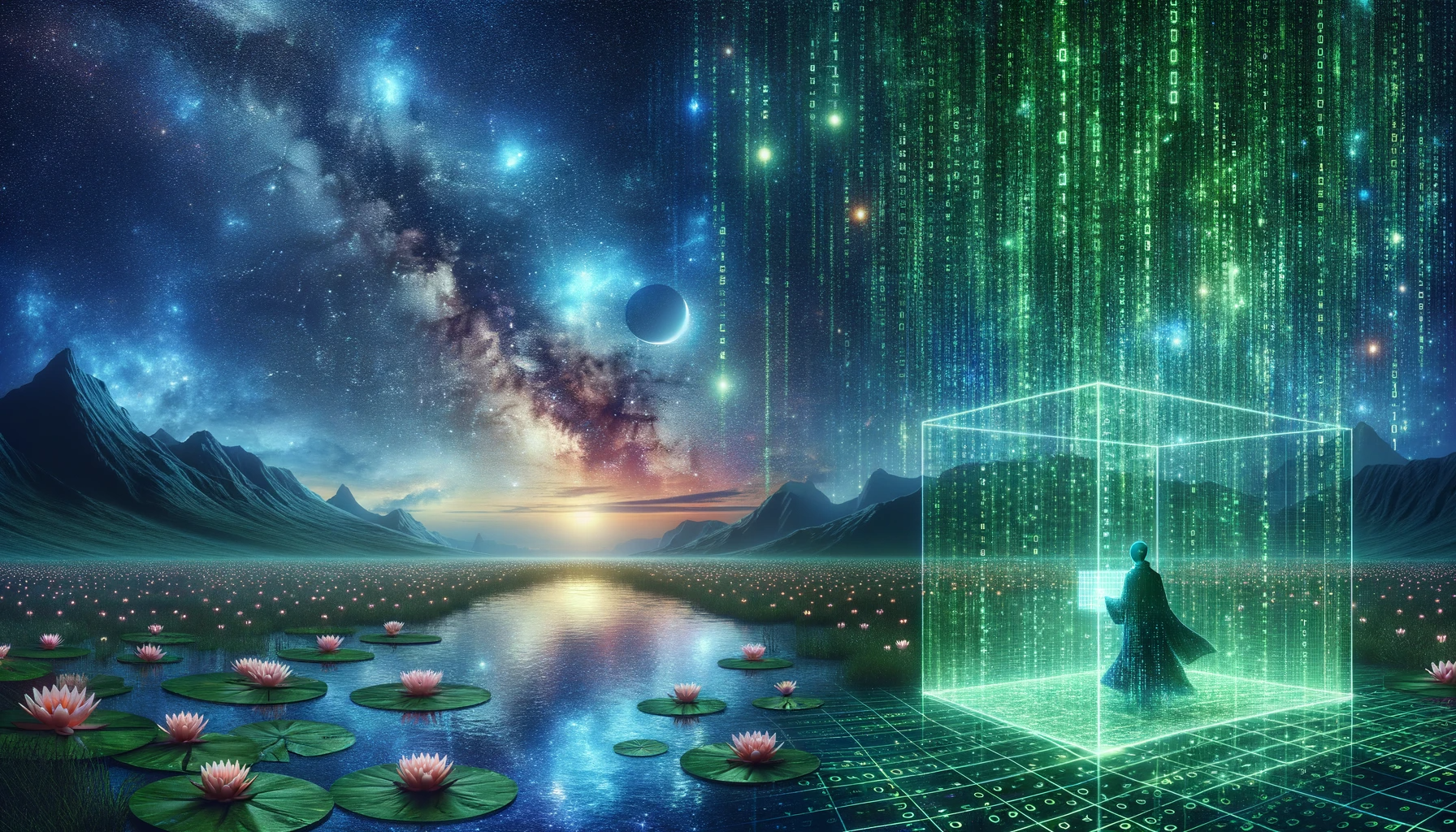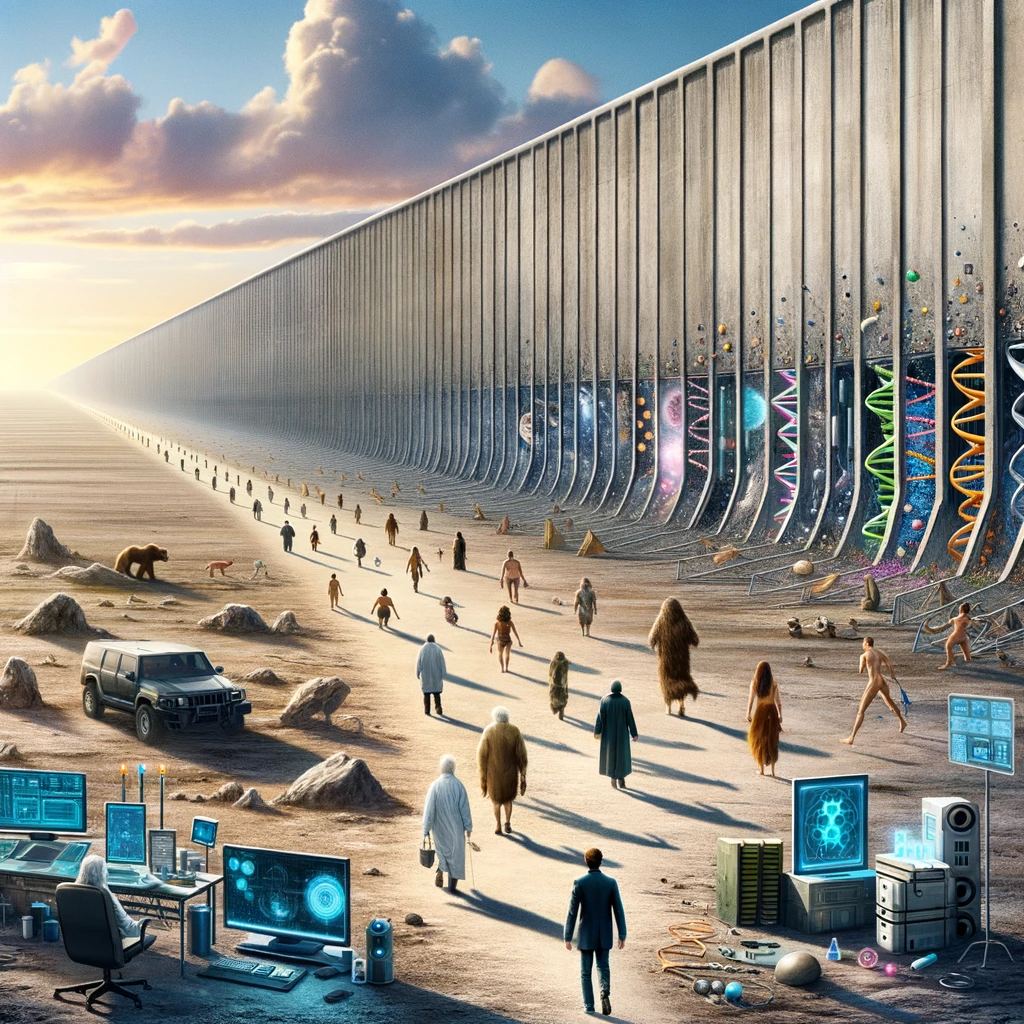
Values and Behavior
The fundamental values among individuals indeed influence our actions and judgment standards. For instance, when facing the same situation, my friend and I react entirely differently. He tends to criticize and educate, eagerly wishing to correct others, whereas I choose to guide, patiently waiting for him to realize or make mistakes on his own. This difference stems from our disparate views on human nature; I believe I can't change others' behaviors and thoughts, while he thinks that external advice can drive such changes.
From a philosophical perspective, the differing reactions between my friend and me reflect our alignment with distinct philosophical doctrines concerning individual autonomy and agency. I resonate with existentialism, which emphasizes that each person is the creator of their own life, and should realize their existence and value through self-determination. On the other hand, my friend's stance aligns more with the ideas proposed by Kant in virtue ethics, where individuals should make the right choices and judgments through rationality and adherence to external moral laws.
I was once like him, longing to change others and hoping to influence others through my words or actions. However, over time, I gradually realized a fact - human limitations can be perceived quite early on. At the core, certain human limitations are destined from the outset, like our genes, places of birth, family environment, and the era we were born into. Despite living in the same country or even on the same planet, one can vaguely feel the almost metaphysical lines of fate, guiding everyone towards different life paths. Interestingly, when you can see the lines of fate, your destiny is also heading towards the unknown future. It is both predetermined and full of endless possibilities. Can humans truly break out of the cage of limitations? I don't know. Reflecting on my past, as a child, I never thought about what I am doing now, what I have experienced, whom I have met, and what kind of world I have seen. The seeds of all these changes began to sprout when I realized my limitations. I began yearning to break the seemingly predestined shackles. The first step to breaking limitations is undoubtedly recognizing one's own limitations. The second step is to acquire as much knowledge and information as possible. And the third step, which I think is the most important, is to recognize and accept that some things are destined not to change. Looking at my line of fate, I don’t know where it will lead, but I know that one day the shuttle will slide to the end.
Randomness and Destiny
In this exploratory process, I began to realize that besides our own efforts, there are some unpredictable or uncontrollable forces at play, which might affect our destiny in unexpected ways. This led me to the concept of randomness, a force that breaks conventions and expectations, and possibly another pathway to break limitations.
During my contemplation on randomness, I discovered an article titled "Climbing the Wrong Hill", which inspired me to think about the importance of randomness when facing destiny. The hill-climbing algorithm is a heuristic search algorithm used to find local optima in a problem space. It starts at a random point and, at each step, selects a neighboring point. If the neighboring point is better than the current point, it moves to the neighboring point; otherwise, it stops the search. However, this method tends to get trapped in local optima rather than finding the global optima. To avoid getting trapped in local optima, randomness can be introduced, like the simulated annealing algorithm, allowing the algorithm to move towards worse solutions under certain conditions, hence potentially finding the global optima. Similarly, in life, introducing randomness and exploratory behavior can help us break out of inherent thought frameworks or comfort zones, providing more possibilities and choices when facing destiny. This randomness and exploratory nature enable us to see different paths, make more comprehensive and long-term choices, thus creating new possibilities different from predestined fate.
Randomness, essentially, is to break the cage and shackles self-imposed, allowing us more possibilities and choices when facing the trajectories of fate. In my view, before every action, a multiverse of self-pathways unfolds and reveals itself, but only when we make sincere choices, these pathways collapse into reality and affect us personally. But we cannot refrain from making choices. The so-called self-imposed cage occurs when people refrain from making choices, like choosing silence in the face of social injustice, or when the executioners of Leviathan justify their evil deeds, they are sculpting their own cage. People often say I have no choice. But having no choice is not a choice; it is a surrender of randomness. In other words, you can choose to speak out or resist; the executioners of Leviathan can also choose to end their lives. But having no choice is not an excuse; it is giving up self-thinking. If we don’t make choices, there is no future. We need to realize that we not only can make choices but must make choices. As Sartre said, we are thrown into this world by fate, but we can create our existence through our own choices.
Loneliness and Choices
These choices not only shape our personal experiences but also reflect our understanding of life and existence to some extent. When we face the vicissitudes and impermanence of life, such as aging, illness, and death, we may more profoundly feel the loneliness of life and contemplate existence. Life is destined to be lonely, especially when reaching middle age, my loved ones leave one by one, and even the trees in the community disappear.
But speaking of which, aren't we humans lonely in the entire solar system as well? I am particularly fond of a passage by Shi Tiesheng in "Me and the Temple of Earth": "One day, I will also walk down the mountain quietly, holding my cane. One day, in a certain depression of the mountain, there will surely run up a cheerful child, holding his toy. Of course, that's not me. But isn't that me? The universe turns a dance into eternity with its endless desire, the human name of this desire is negligible."
Loneliness is not sorrow, but a contemplation and realization of the essence of existence.
As we explore the propositions of death, loneliness, and choices on this constantly revolving stage of life, I recall what Nietzsche once said: "You must become who you are; it's a grand endeavor." As he emphasized, our lives are full of choices, each choice is created by us and is a part of the path to our own existence. It's these choices that allow us to ponder in loneliness, face death, and thus understand the essence of life more deeply.
Perhaps as Camus's famous saying goes: "Life is absurd, but we must live on steadfastly." Loneliness and death are inevitable realities in our lives, but we can endow life with meaning through steadfast choices and profound contemplation.
Therefore, let us face the unknown of death, the depths of loneliness, and the unpredictability of the lines of fate with profound choices and firm resolve. On this complex path of destiny, we may find our true existence, transcend limitations, and create meaning belonging to ourselves.

